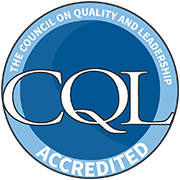Comcast NBCUniversal and The Arc Team up to Support Local Disability Agencies and Digital Literacy for People With Disabilities
The Arc of the United States and Comcast NBCUniversal today announced a three-year renewal of their national partnership to expand digital technology opportunities for people with intellectual and developmental disabilities (IDD). Comcast NBCUniversal is providing $400,000 to The Arc’s Tech Coaching Centers, which operate their national digital literacy program, as well as chapters that have been negatively impacted by the COVID-19 pandemic.
“We are immensely grateful for Comcast NBCUniversal’s continued support for individuals with intellectual and developmental disabilities and their families, and the work we do to protect their human rights and support their participation in society,” said Peter Berns, CEO of The Arc. “Many of our chapters have been hit incredibly hard during the COVID-19 pandemic. We are truly fortunate to have such a longstanding and steadfast partner in Comcast NBCUniversal in our work to support our chapters and expand access to digital technology that will open up doors online and offline for people with disabilities.”
The Arc’s national network of more than 600 chapters provide vital resources and services to individuals with IDD and their families to promote greater independence and opportunity in the community. With the support of Comcast NBCUniversal, The Arc will continue the important work of connecting its clients with digital skills to enhance their paths to independence through digital literacy training and financial support. Since 2017, more than 1,800 clients have received basic digital skills training at 16 sites around the country. Additionally, for the next year, Comcast will help fund general operating costs for some chapters of The Arc that face financial challenges as a result of the pandemic.
“Through the Tech Coaching Centers and our long-standing partnership with The Arc, we’ve witnessed so many examples of individuals gaining employment, learning digital skills, navigating the internet, and more,” said Dalila Wilson-Scott, EVP & Chief Diversity Officer, Comcast Corporation. “We believe it is vital to continue supporting these efforts to help create economic mobility for people with disabilities.”
About Comcast Corporation
Comcast Corporation (Nasdaq: CMCSA) is a global media and technology company with three primary businesses: Comcast Cable, NBCUniversal, and Sky. Comcast Cable is one of the United States’ largest video, high-speed internet, and phone providers to residential customers under the Xfinity brand, and also provides these services to businesses. It also provides wireless and security and automation services to residential customers under the Xfinity brand. NBCUniversal is global and operates news, entertainment and sports cable networks, the NBC and Telemundo broadcast networks, television production operations, television station groups, Universal Pictures, and Universal Parks and Resorts. Sky is one of Europe’s leading media and entertainment companies, connecting customers to a broad range of video content through its pay television services. It also provides communications services, including residential high-speed internet, phone, and wireless services. Sky operates the Sky News broadcast network and sports and entertainment networks, produces original content, and has exclusive content rights. Visit www.comcastcorporation.com for more information.











